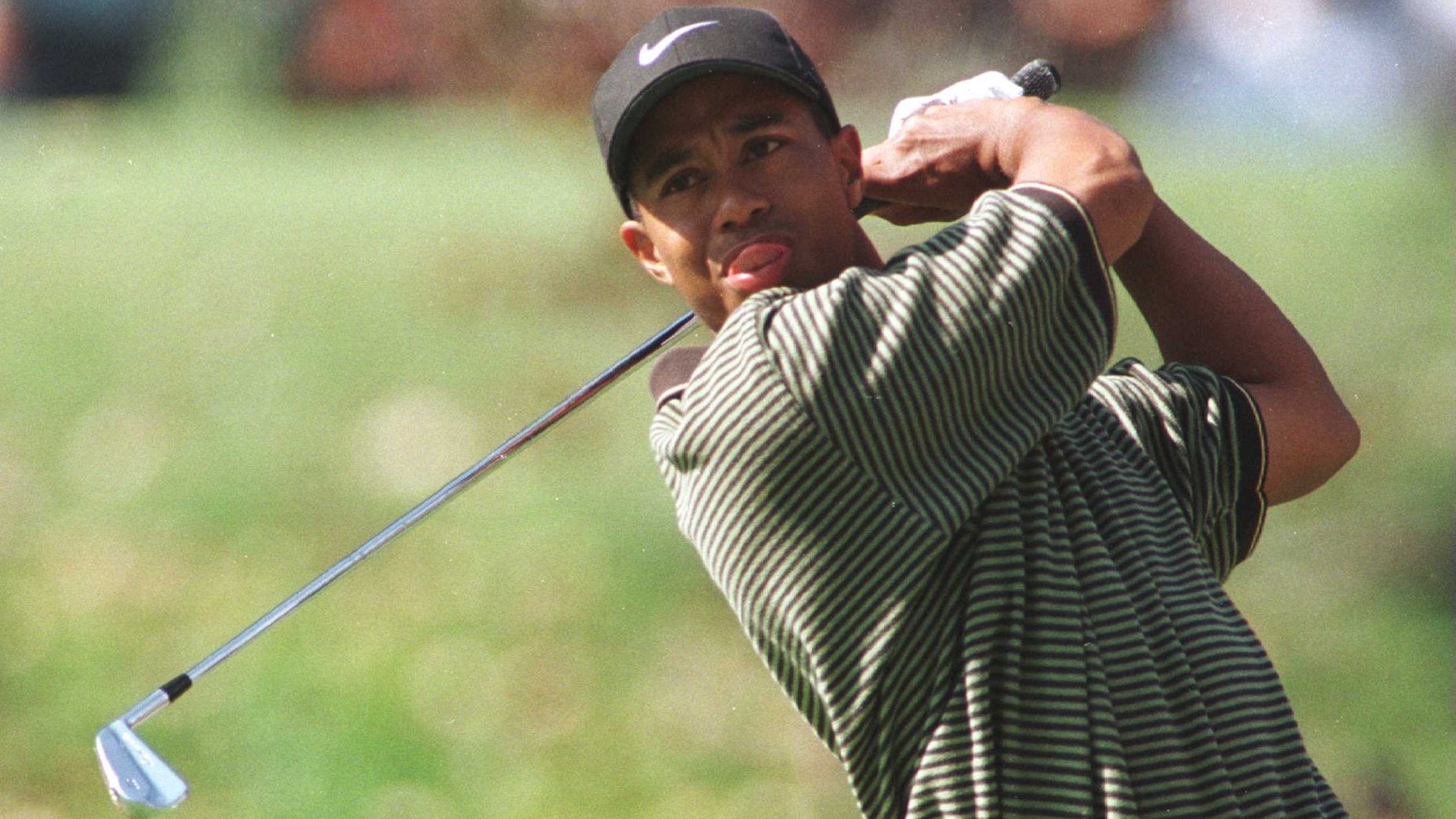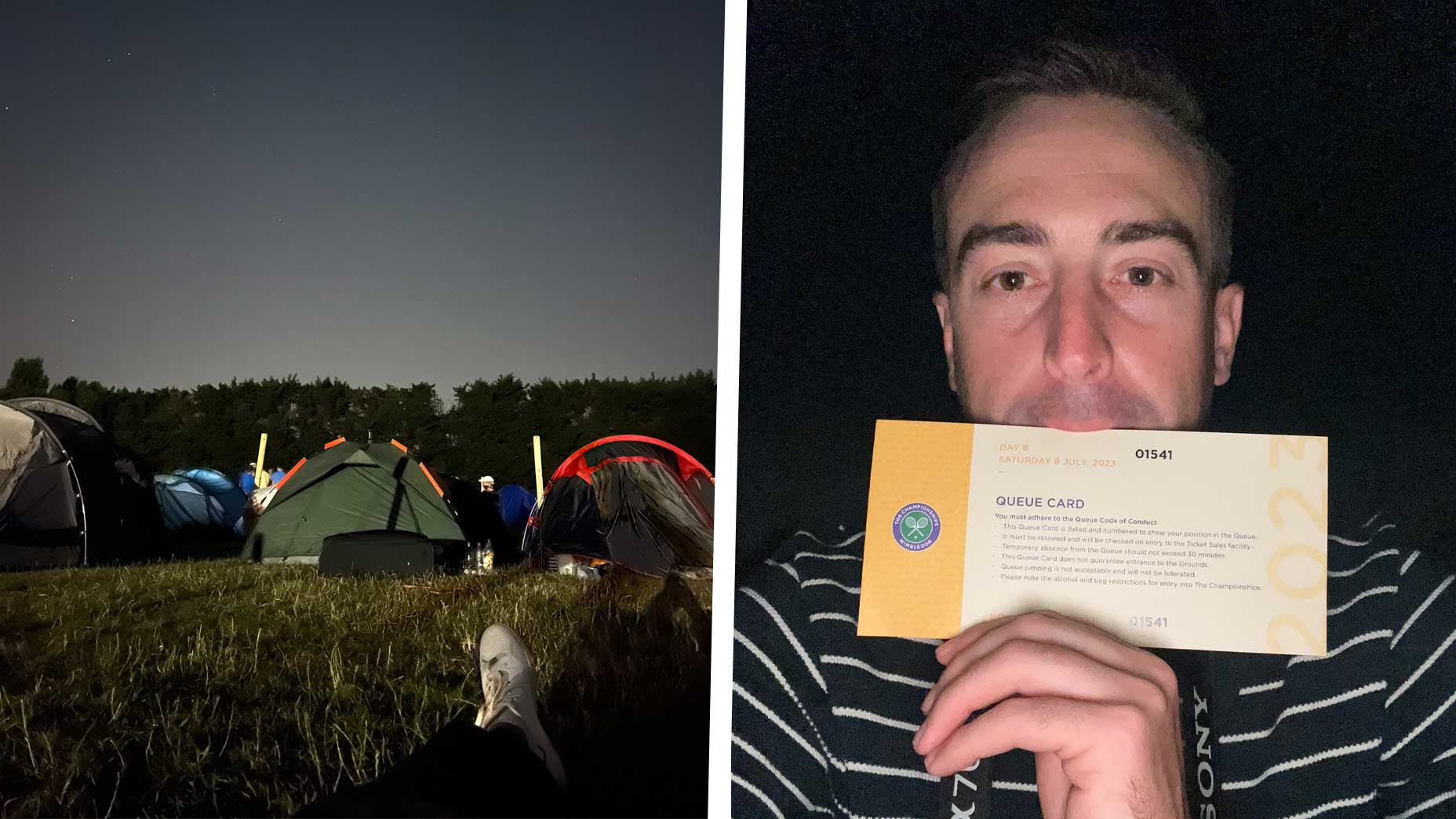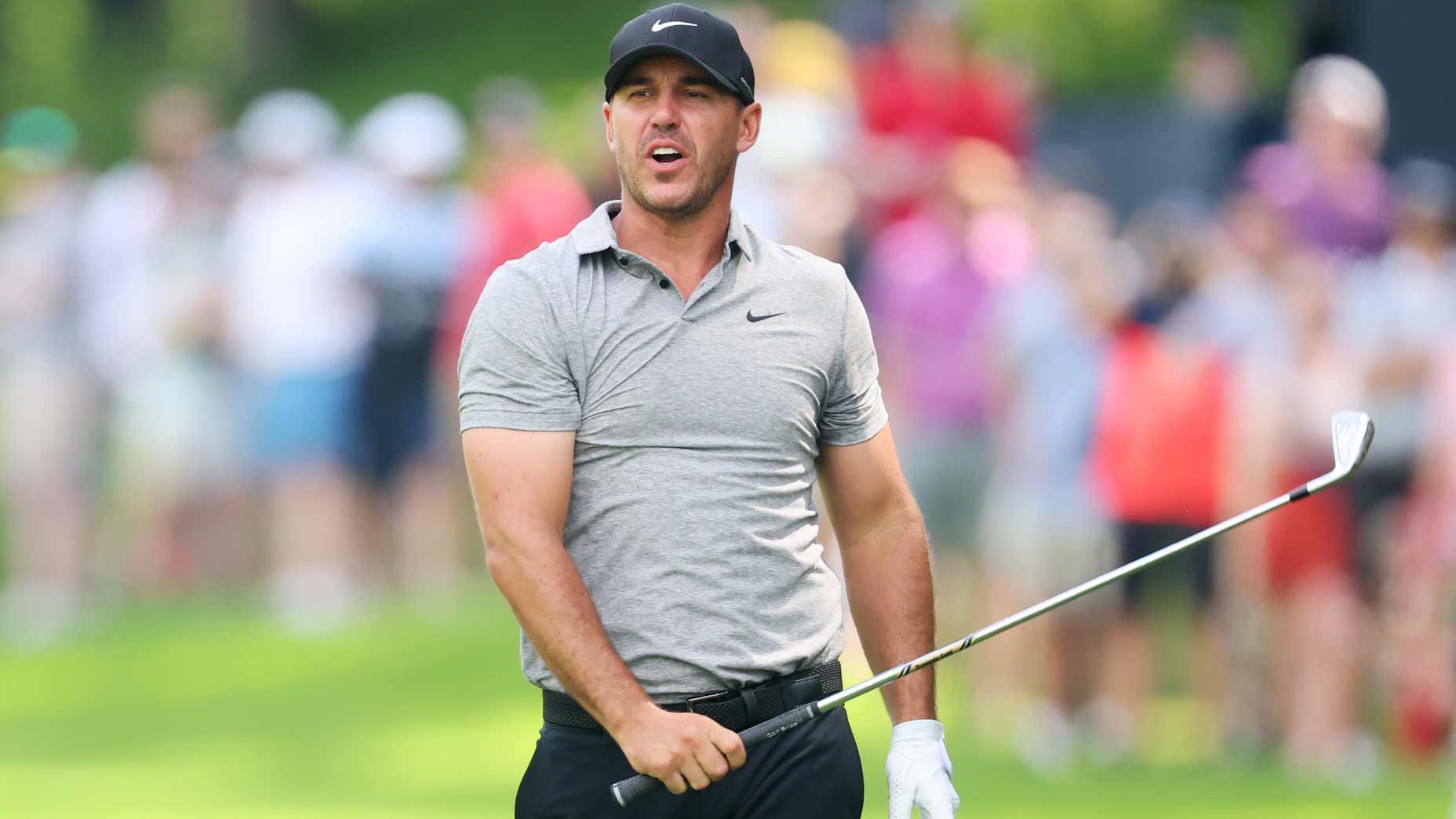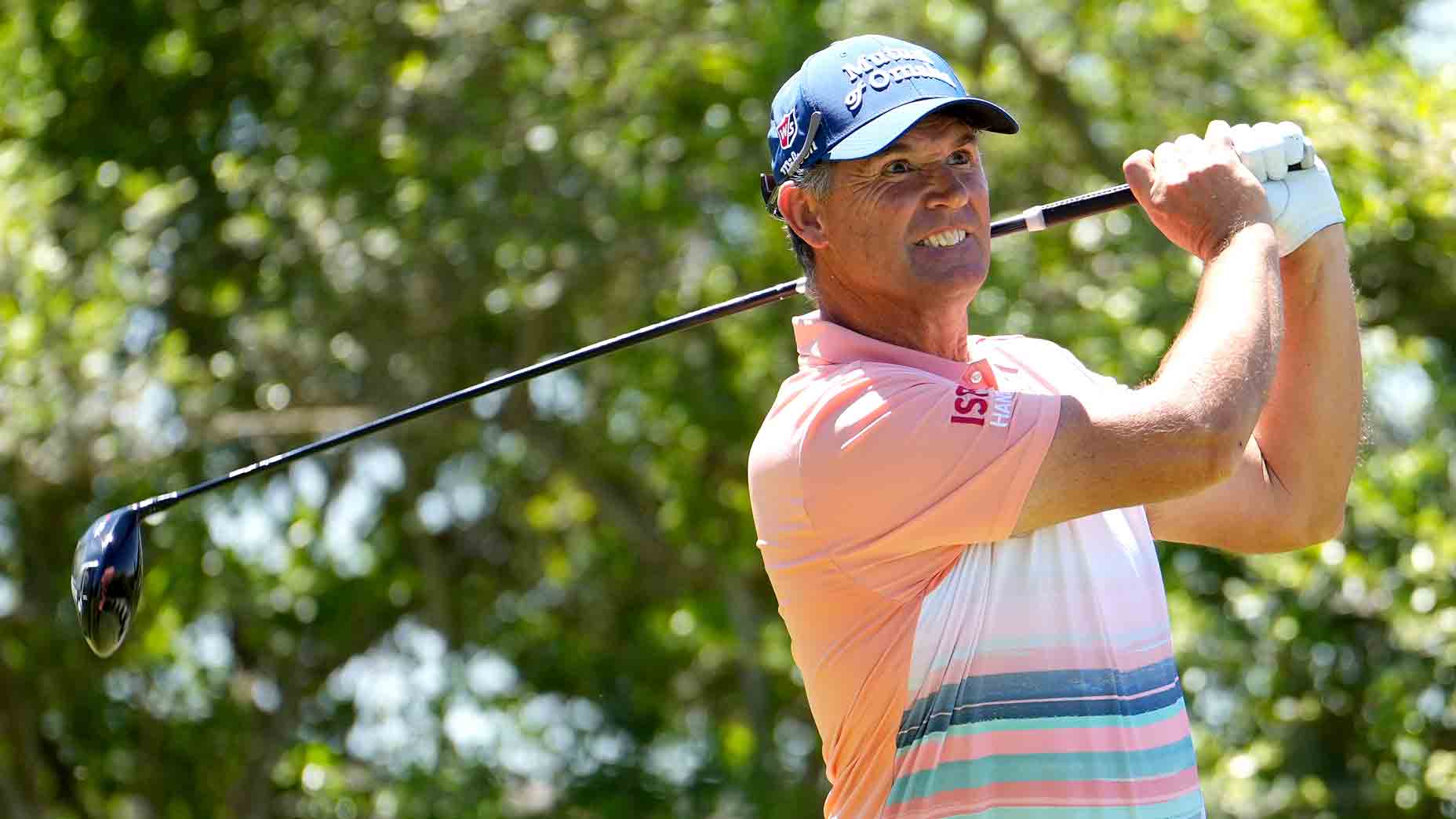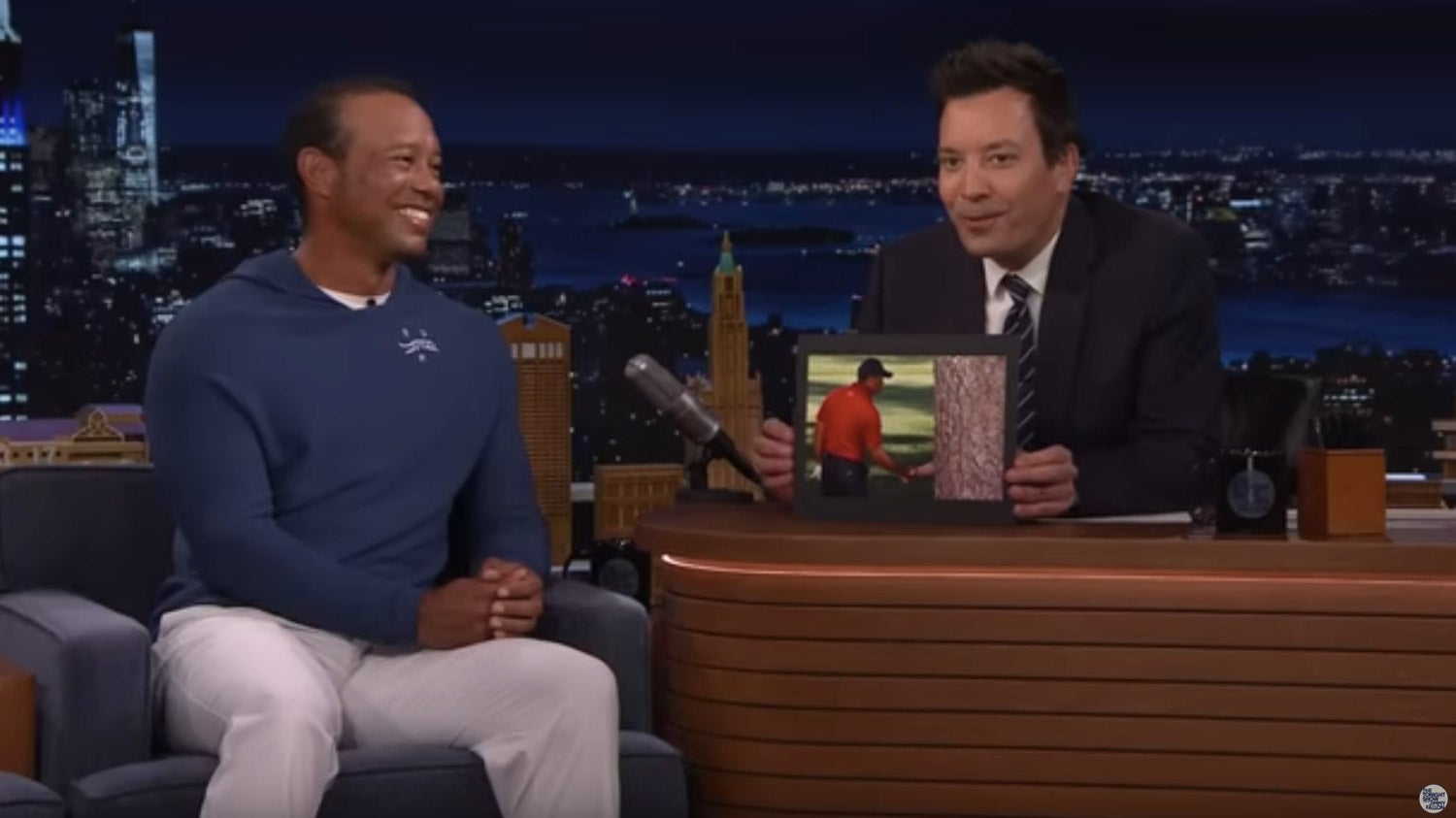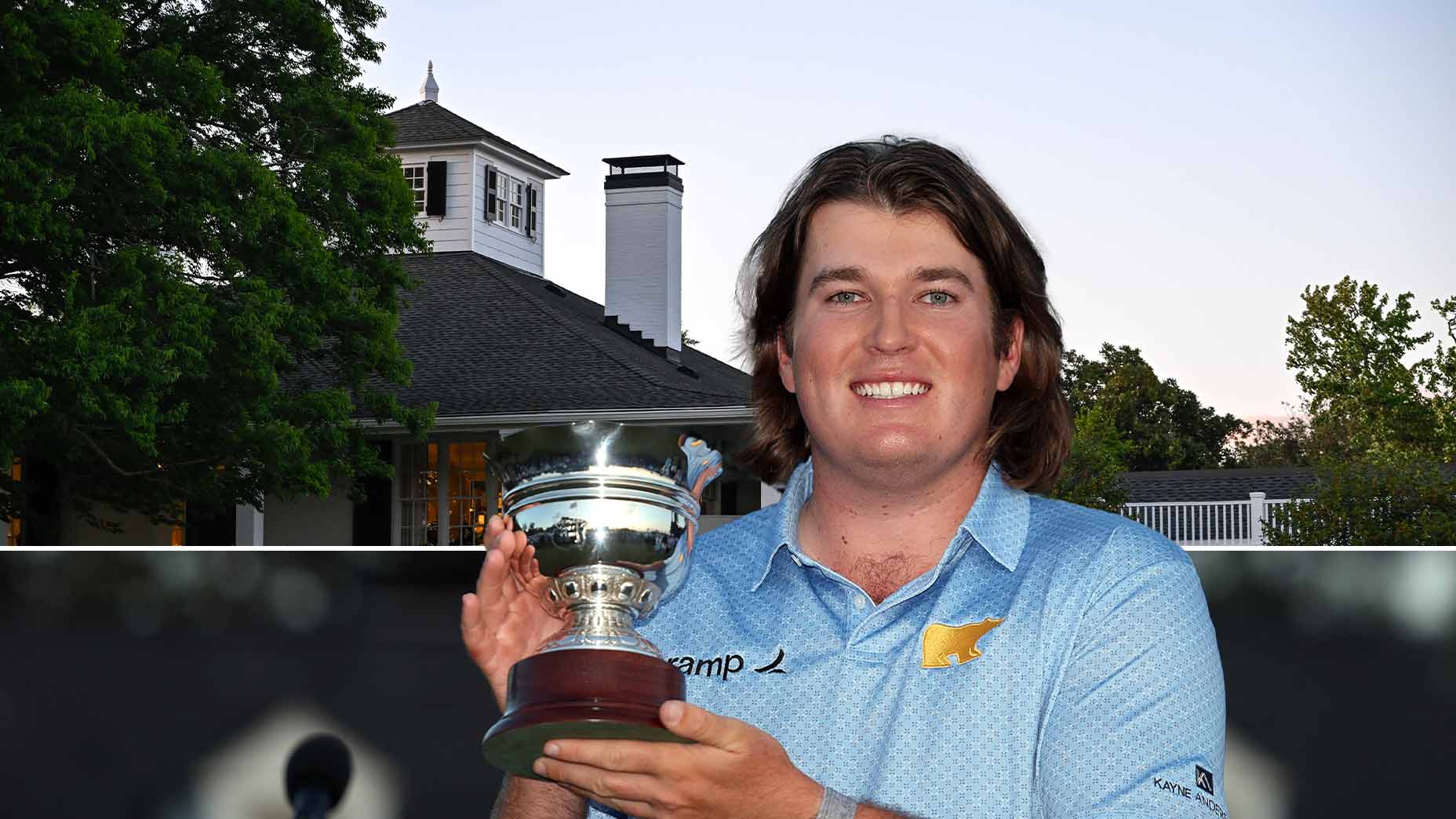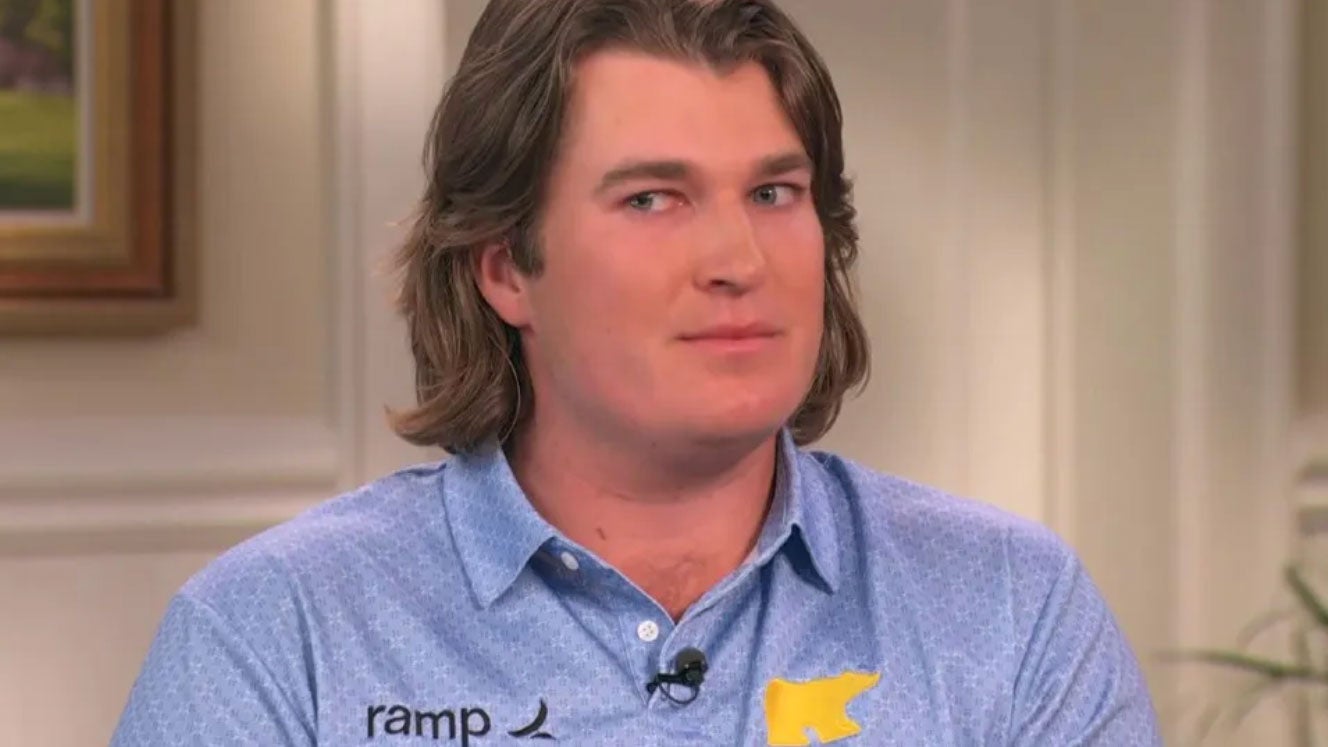Rory McIlroy keeps facing the same Masters question. Will he find the answer?
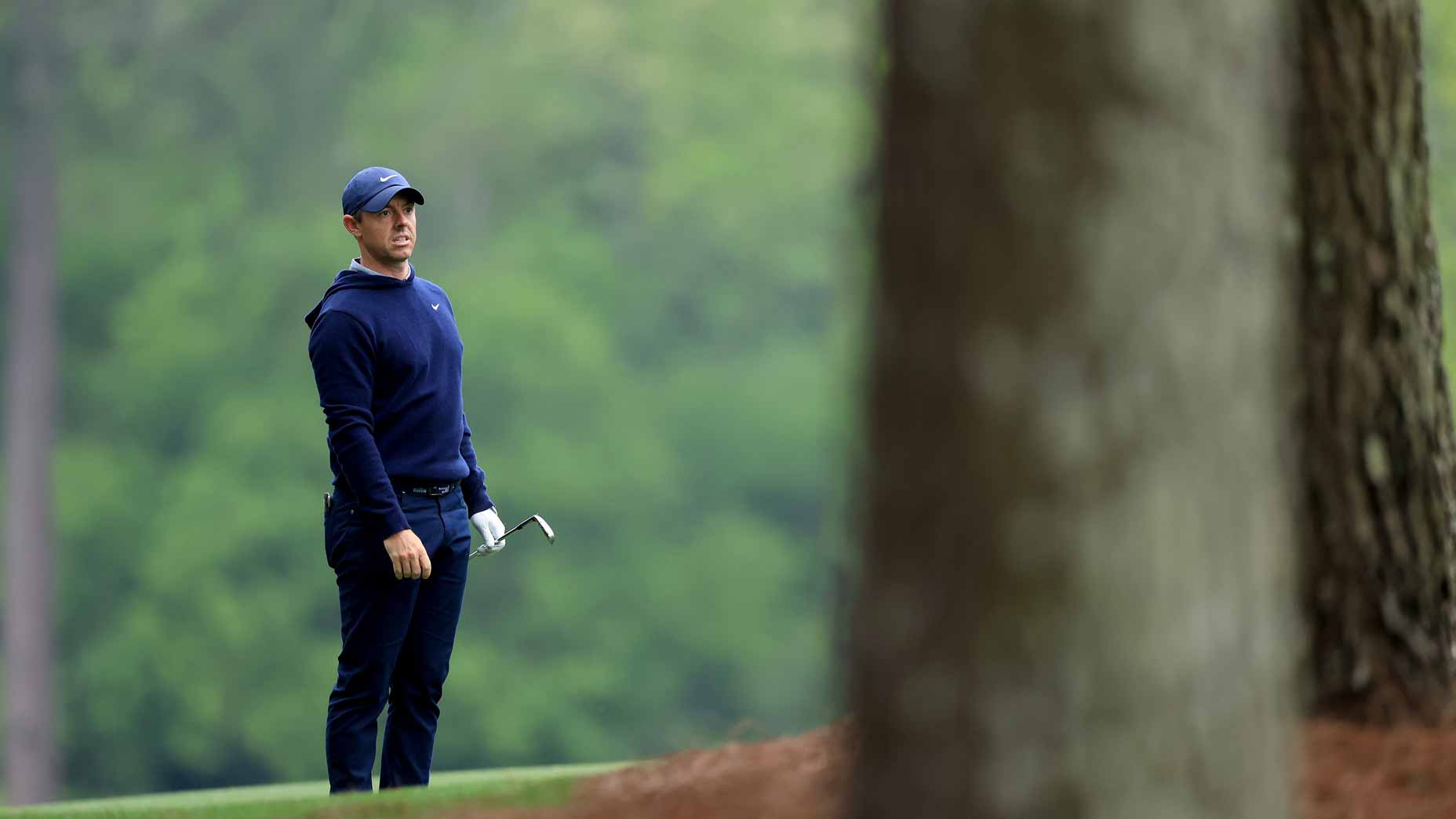
Ever since the Masters that wasn't, Rory McIlroy has faced the same question at Augusta National: Is this his year?
Getty Images
IT WAS SUNDAY at the 2011 Masters when Rory McIlroy, the bushy-haired, baby-faced 21-year-old phenom from small-town Northern Ireland, stepped up to Augusta National’s 10th tee, clinging to the one shot remaining from his overnight four-shot lead. What followed belongs somewhere in the What If Wing of the World Golf Hall of Fame.
McIlroy’s tee shot torpedoed off a tree and into the forest. He took a drop near the adjacent cabins, likely a place no Masters competitor has ever visited. He hit another branch upon attempted reentry, took two more shots to reach the green and walked off with a triple-bogey 7. It only got worse from there. McIlroy three-putted the 11th hole, four-putted the 12th and found water off the 13th tee. It wasn’t just that he hadn’t won; McIlroy had self-immolated. He ultimately posted 80 for a share of 15th place, 10 shots behind winner Charl Schwartzel.
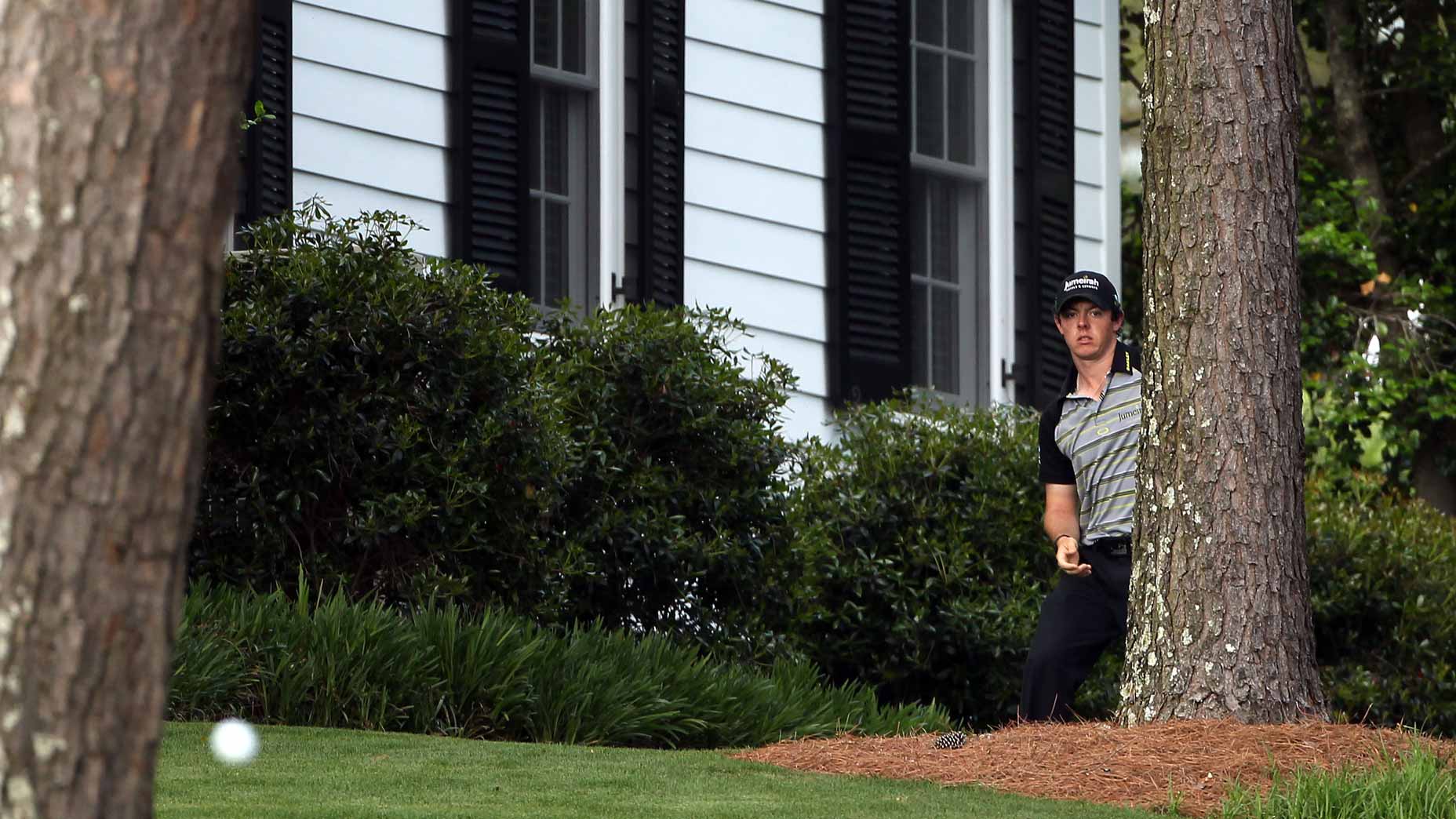
One thing is clear: That final round feels like a very long time ago. And another thing: It’s impossible to know its ripple effect. Losing builds scar tissue, but it builds determination too. Maybe it was that failure that propelled McIlroy over the top at the very next major, the 2011 U.S. Open at Congressional, where he set a slew of scoring records and won by eight. He was hungry enough to earn another eight-shot major win at the PGA Championship the following year and then, in 2014, the Open Championship and a second PGA. But a third thing became clear: As his résumé grew, the Masters-sized gap in his trophy case began to feel chasmic.
He’s filled in all around it in the years since. Several times — including in February of this year — he’s climbed to the perch of World No. 1. He’s claimed three FedEx Cup titles. A Players Championship. Ryder Cups on home turf and away too. Ask McIlroy about his eight-year major championship drought and he’ll acknowledge that it eats at him. But he’ll remind you that there isn’t much else he hasn’t won in that time.
“Everything but,” he says.
THE MASTERS THAT WASN’T loomed over McIlroy for a decade. Most years he’d play well enough to finish on the first page of the leaderboard but never well enough to challenge for the win. That felt true entering the final round of the 2022 Masters too — he began the day T9, 10 shots off the lead — but that was before he made four birdies on the front nine. He chipped in at No. 10 for another. He eagled No. 13. And he finished off a glistening eight-under 64 with a miraculous holed bunker shot on 18, losing control of his arms in a flailing, joyous celebration of what turned out to be a second-place finish.
“Maybe I’ll come up just a couple [of shots] short, but it’s the most fun I’ve had on a golf course in a very long time,” he said post-round. It was the first time coming up short still felt like a positive.
McIlroy played with renewed freedom in the months that followed. He contended everywhere; beginning at Augusta, he played 18 tournaments worldwide and finished top 5 in 12 of them, earning the same number of wins (four) as finishes outside the top 10. He stepped up at board meetings and microphones, too, acting to reshape the PGA Tour as it battled for professional golf supremacy. His play backed up his talk; a winner’s word always carries more weight.
At times, that weight seemed like a burden too. Roars of “Rorrr-y” echoed through the cobblestone streets of St. Andrews on Open Championship Sunday, where McIlroy held the lead with nine holes to play. It was the closest he’d been to a major since his win at Valhalla in 2014, but this time he was outdueled by Cameron Smith, the Aussie star with the magic putter who was already a rumored LIV defector. (He’d leave a month later.) It was a crushing defeat, in person and in metaphor.
McIlroy battled back again. He and Tiger Woods, his idol-turned-rival-turned-friend-and-business-partner, helped rally support for a new-look PGA Tour that would get its top players on the same page and all in attendance at its biggest events. They announced the 2024 launch of the TGL, too, a new-look Monday Night Golf concept setting up team play in a teched-out stadium. Their action assured more money for top Tour pros, stemmed the tide of LIV defections and bettered the Tour’s product going forward. It was only fitting that McIlroy chased down Scottie Scheffler in the final round to win the season-ending Tour Championship, earning $18 million for his efforts.
THIS WEEK, MCILROY RETURNS to the only arena that really matters. It’s a thankless position; he’s back at the Masters knowing he’s taking on nearly a hundred players, including the very best from the PGA Tour, plus top rivals from LIV. Victory would be particularly sweet, but leaving with anything less would mean disappointment.
In Tuesday morning’s press conference, McIlroy ticked through his near-misses.
“I would say the majority have been mental or emotional struggles rather than physical,” he said. “I’ve always felt like I have the physical ability to win this tournament. But it’s being in the right head space to let those physical abilities shine through. It’s been tentative starts, not putting my foot on the gas early enough. I’ve had a couple of bad nine holes that have sort of thrown me out of the tournament at times.”
At that 2011 Masters, McIlroy took solace in his youth. “I know I will get plenty more chances,” he said post-round. That remains true; McIlroy is just 33 and playing, arguably, the most consistent golf of his life. Phil Mickelson didn’t win his first major until he was 34 and now has six, including three Masters titles. Tiger Woods made it sound simple, when asked about McIlroy’s chances at a green jacket: “It will definitely happen.”
But McIlroy feels the urgency of time. He may be flattered by Woods’ assurances and the assumptions of prognosticators. He also knows that doesn’t make it a guarantee.
“There’s been players before that that has been said: this course is tailor-made for those players and they haven’t went on to win a green jacket. That’s always in my mind, too.”
He cited Ernie Els. He cited Greg Norman. Both seemed like they should have been Masters winners. Neither was.
“Those last couple hours on Sunday, it’s not about whether the course sets up well for you. It’s about who can hold it together the best.”
McIlroy knows those Augusta pines better now than he did at age 21. He’s played four-and-a-half rounds here just since the Players, including an impromptu trip just last week.
“I texted Shane Lowry and I said, ‘Look, we’re going to be practicing in Florida, why don’t we just come up here for a day?'”
Part of that is preparation. The other part? “It’s just fun to be up here.”
By now, McIlroy has a complete understanding of what it means to win and to come up short. He’s always had an active imagination — it’s as present in his play as it is in his personality.
I wonder, then: As he tries to bridge the gap between what could have been and what will be, how does he look in green?


